
The Armenian diaspora in France on the Nagorno-Karabakh: whichpolitical influence?
Author: Thomas Vignes, MA in “Comparative Politics of Eurasia”, Higher School of Economics in Saint-Petersburg
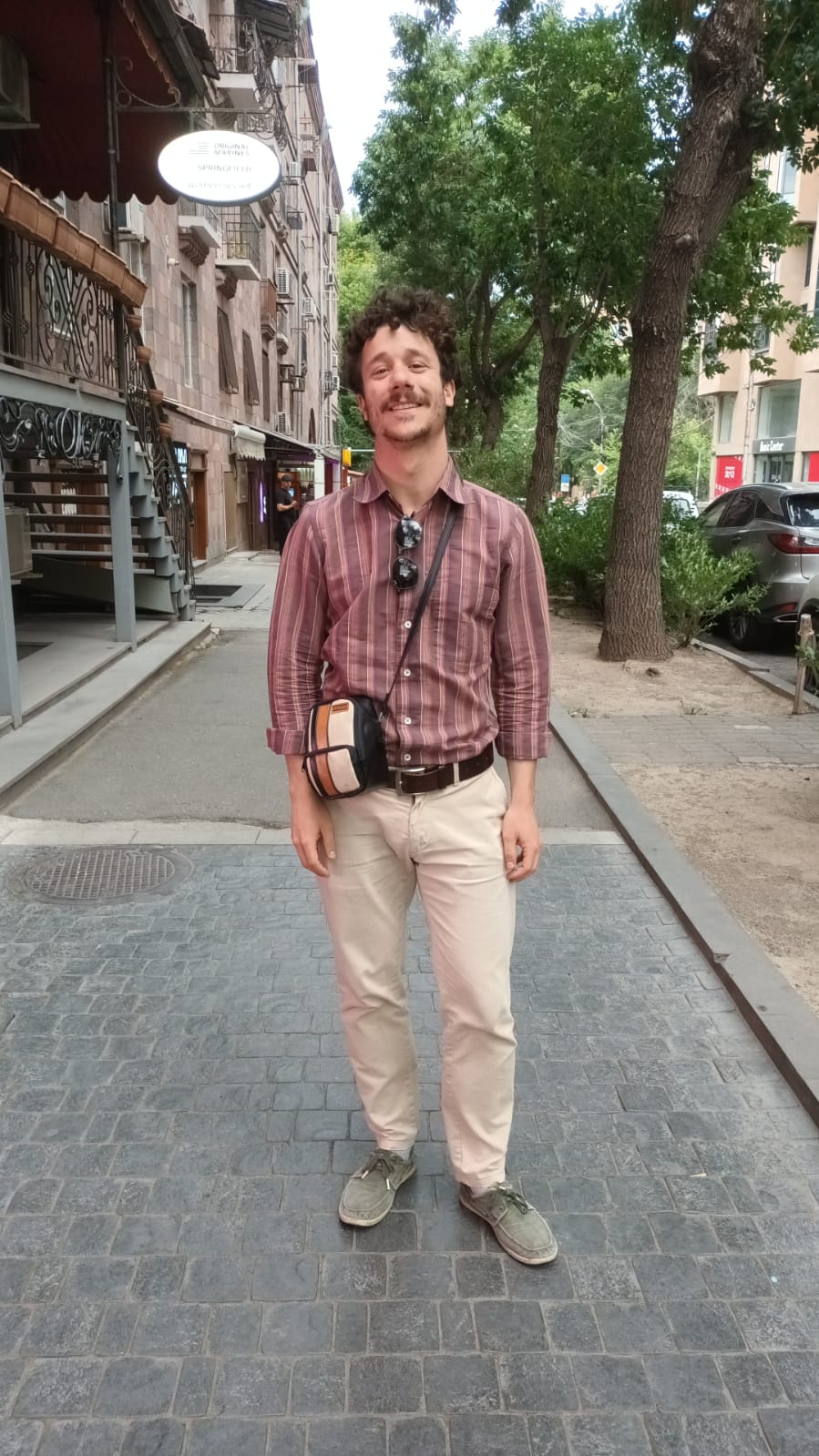
The difficulties of social and labour integration of people from NagornoKarabakh:A parallelism with the Greek case of Pontic Greeks and ethnic Greek Albaniansmigrants merged into Greece
Author – Carlo Busini, Master in Global Economics and Social Affairs, Ca’Foscari Challenge School
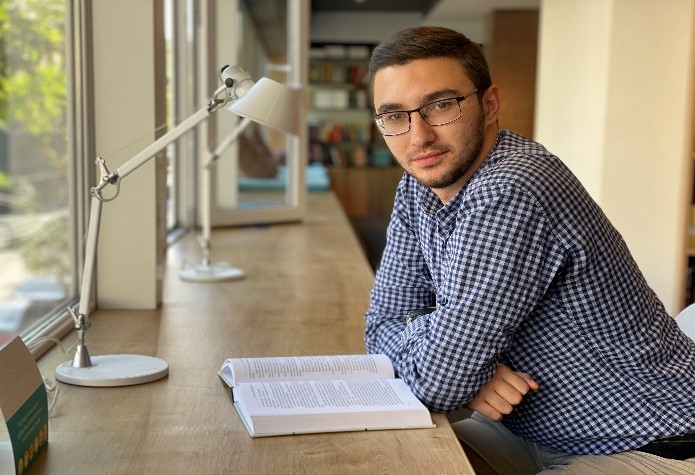
The Prospects of Nagorno-Karabakh Political Status after the Second Karabakh War
Author: Hovsep Babayan, PhD Student at the Public Administration Academy of the RA
This paper explores the positions of external and regional actors on possible solutions to the Karabakh conflict after the 44-day war in Nagorno-Karabakh, formula for conflict resolution that are discussed, and the place of Nagorno-Karabakh’s status in them.
The policy memo was written in the framework of the project Introducing U.S. standards in policy analysis: writing and speaking retreats for young Armenian experts.
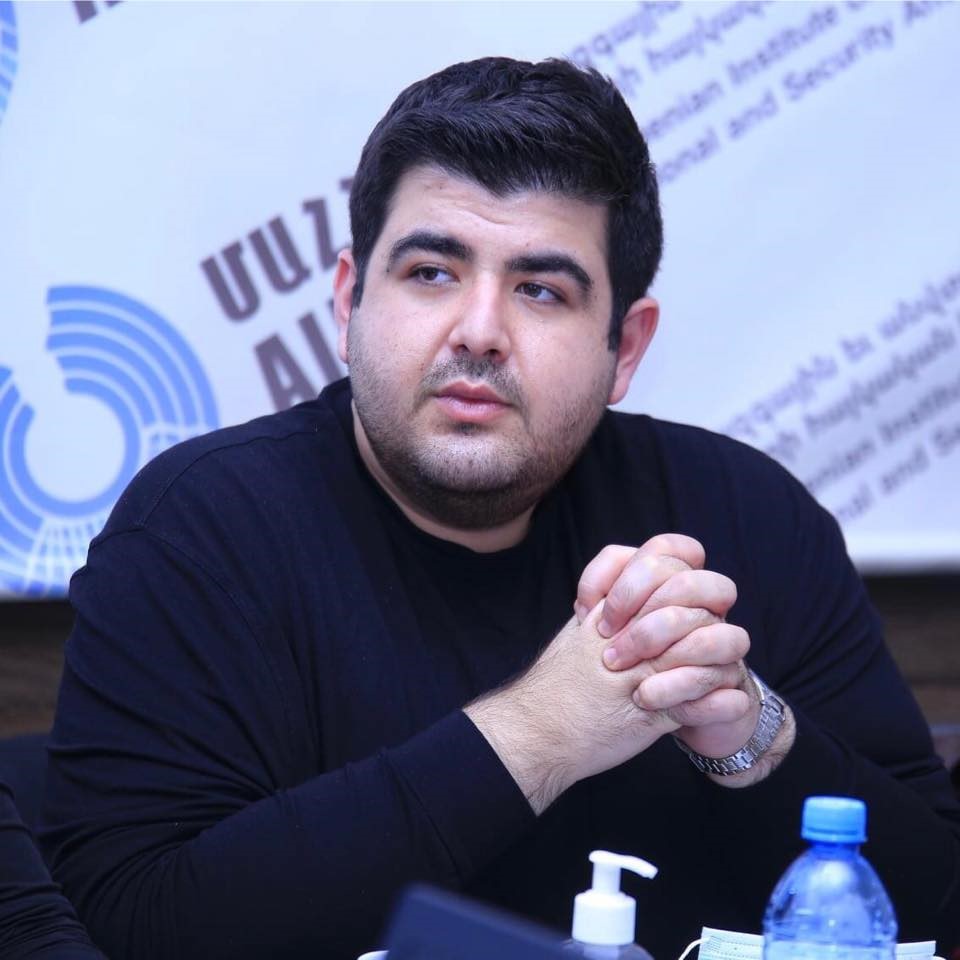
Innovative Directions of Drawing Up Socio-Economic Programs of Rural Settlements of Armenia
Author: Gor Badalyan, President of the Breath of Liberty Youth NGO
This paper explores the development of agriculture, the correct planning and implementation of steps for the sustainable development of rural communities and their impact as driving forces for the development of the economy of the Republic of Armenia. The author also develops his own model for the sustainable development of communities, based on his personal experience in local settlements, e.g. the Karinj village of Tumanyan community in Lori region, the Semenyovka village in the Gegharkunik region, etc.
The policy memo was written in the framework of the project Introducing U.S. standards in policy analysis: writing and speaking retreats for young Armenian experts.
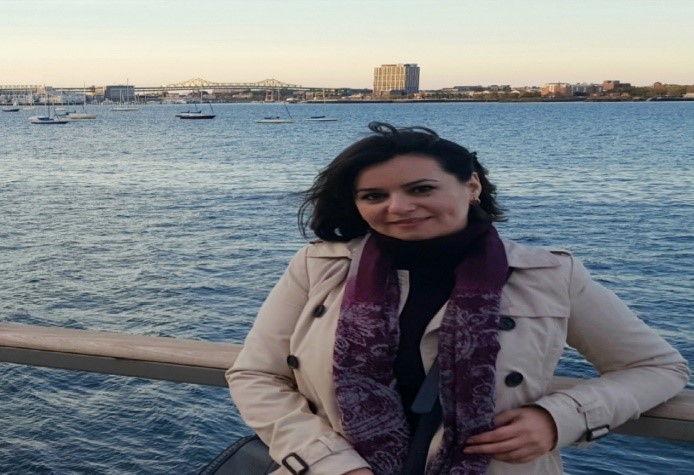
Peasants in Transition. Forms and Methods of Peasant Resistance in Soviet Armenia in 1929-1930s
Author: Nelli Manucharyan, Junior researcher at the Institute of Archaeology and Ethnography of NAS RA
This study examines the main forms and methods of passive and active peasant resistance in Soviet Armenia, the motives and causes of armed resistance not only as an act and movement in defense of individual property, but also as an instrument for peasant identity preservation.
The policy memo was written in the framework of the project Introducing U.S. standards in policy analysis: writing and speaking retreats for young Armenian experts.

Why Negotiations in the Nagorno-Karabakh Conflict Have Failed
Author: Alun Macer-Wright, MA Violence, Terrorism and Security, Queen’s University Belfast
The paper considers the negotiations and peace proposals associated with the Nagorno-Karabakh conflict, with a particular focus on the 1997-2001 period, in which a peace deal came closest to being agreed upon.
The essay was written in the framework of the online course Getting to know Nagorno-Karabakh.
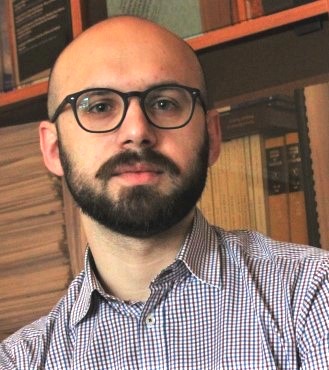
Rethinking-and-Changing: A Lose-Lose Perspective for the Future of Nagorno-Karabakh and Armenia-Azerbaijan Relations
Author: Francesco TRUPIA, PhD, Postdoc Fellow at the University Centre of Excellence Interacting Minds, Societies and Environment (IMSErt) – Nicolaus Copernicus University, Toruń – Poland
The paper attempts to provide a different perspective over the Nagorno-Karabakh rivalry through the lens of the ‘rethinking-and-changing’ approach rather than the old-fashioned paradigm of ‘forgiving-and-forgetting’.
The essay was written in the framework of the online course Getting to know Nagorno-Karabakh.

Understanding Russian Conflict Resolution in the Nagorno Karabakh Conflict Through Russia’s General Foreign Policy
Author – Phillip Yonge, Master of Science, Russian and Eurasian Politics and Economics King’s College London
The volatile nature of the ongoing Nagorno-Karabakh conflict between Azerbaijan and Armenia ‘rethinking-and-changing’ approach necessitates an active peacekeeping role to maintain the fragile ceasefire agreed upon in November 2020.
The essay was written in the framework of the online course Getting to know Nagorno-Karabakh.
